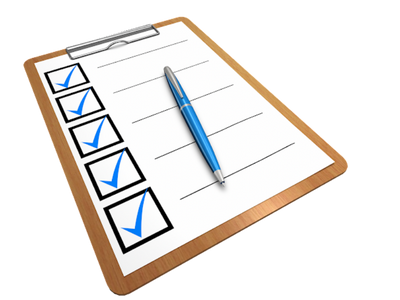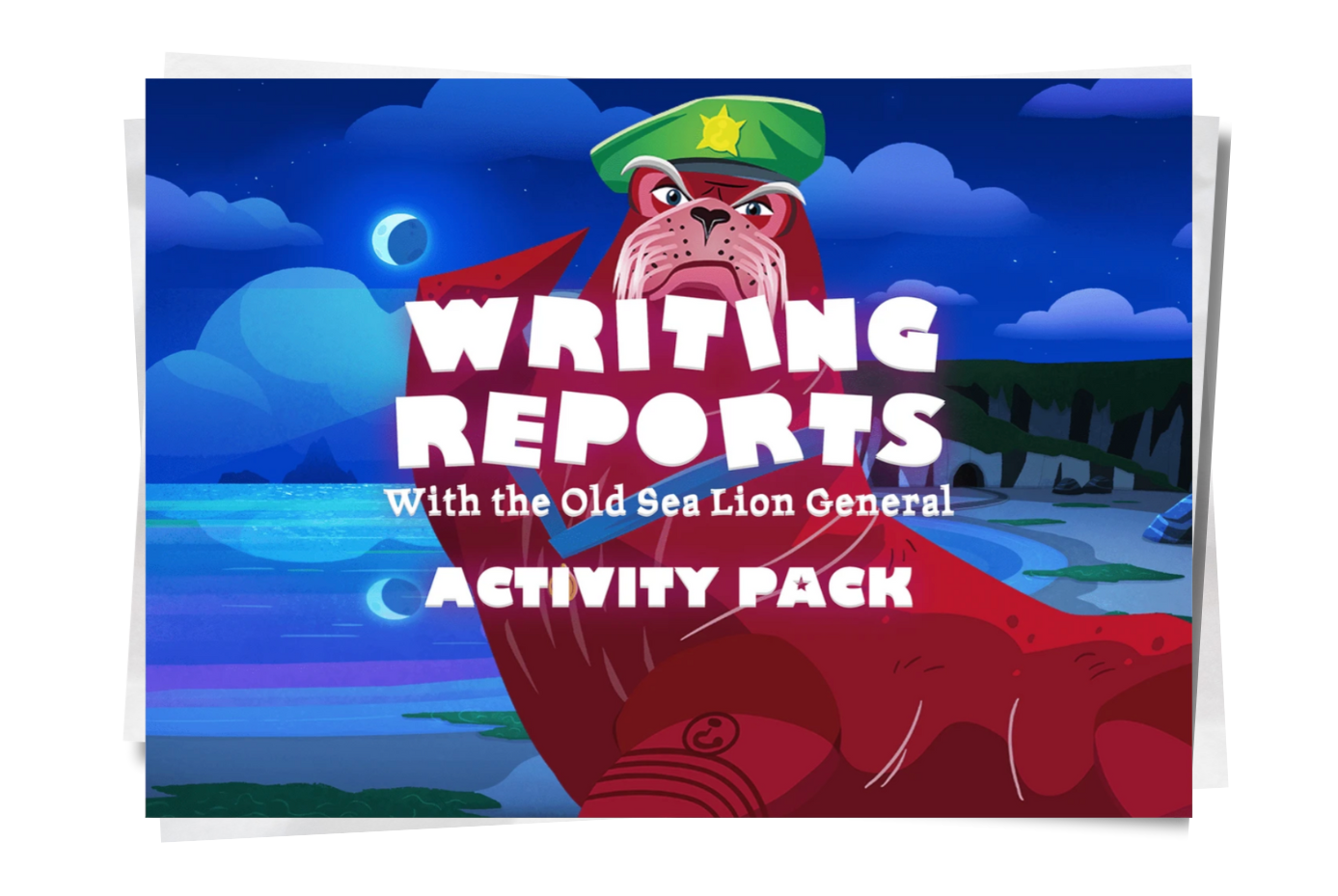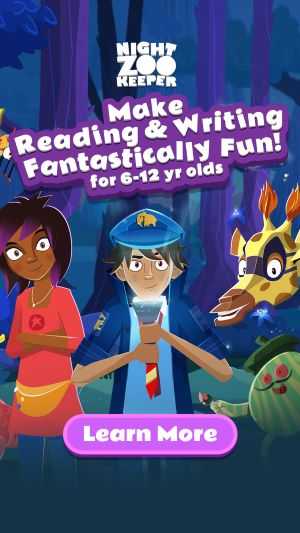Year 4 Writing
Discover Year 4 writing standards

Home > English > Writing > Year 4
Now that your child has reached Year 4, they’ll be consolidating, refining and building upon English language knowledge that they’ve developed in previous years.
As they embark on the second half of their primary school journey, Year 4 students will be encouraged to start thinking, analyzing and processing information more independently, which can be quite a big jump from previous years. They’ll be expected to research various topics and produce articles utilizing their reading comprehension skills. There are many higher-level thinking skills involved in the writing process in Year 4 and this could prove challenging for your child at times.
This guide will take you through the key writing skills your young writer will need to develop in order to ensure that their academic progress is seamless.
10 Important Year 4 Writing Goals
- I can write independently
- I can compose clear and coherent articles and stories
- I can refine written text by revising and redrafting
- I can complete a plan before beginning to write
- I can use technology to publish articles and stories
- I can structure articles and stories correctly
- I can produce writing for different purposes and audiences
- I can use my research skills to compose an informative report
- I can use structured paragraphs and complex sentences
- I can establish a clear theme throughout an article or story

Year 4 learners will work towards achieving these goals by writing in the following forms:
Children in Year 4 should be familiar with these styles of writing, and understand the features and structure of each text type.
To level up their writing skills, children will need to both increase the level of detail in their articles and stories, and the sophistication of their vocabulary and grammar usage to impress their reader.
Opinion Writing
In Year 4, your child should be writing with the intention of persuading or convincing the reader.
Here are some guidelines on how to structure an opinion piece:
- Focus on a single, strong idea.
- State your opinion on the topic.
- Provide reasons for the argument, with relevant evidence and supporting thoughts, organized in clear paragraphs.
- Use persuasive writing techniques such as emotive language to influence the reader.
- Use linking words and phrases to ensure their article flows.
- End with a summary of the most important points made in the argument and conclude with a memorable sentence.
Practice Tip
Challenge your child to share their opinion on a topic of your choice. Ask them to take on their own research project to ensure that their arguments are valid, and then ask them to present these to you verbally with reasons to support their opinion. It can be very beneficial for children to talk about their writing before they put pen to paper.

Informative Writing
Children in Year 4 should be able to report factual information in an organized and clear way.
Here’s how your young writer can succeed at informative writing:
- Learn about a specific topic and list out the most important aspects to include in their piece of writing.
- Include facts, details and definitions in order to provide accurate information.
- Write in the first or third person.
- Use appropriate language, such as precise, topic-related vocabulary.
- Organize different points in clear headings, sections and paragraphs.
- Review the whole piece when it is completed. Informative writing requires precise use of facts, so it’s important that your child double-checks that the information they’ve provided is truthful.
Practice Tip
Our printable report writing activity pack shares top tips on how to structure informative writing pieces and guides learners through developing a topic that includes facts, details, and definitions. It introduces topic related vocabulary and supports children to then use these words in their own writing.

Narrative Writing
In Year 4, children will develop their narrative writing skills to include a clear sequence of events, descriptive detail, and an established narrator and characters.
Alongside character development and plot, learners in Year 4 need to control and direct their narrative using transitional words and phrases. Conjunctions, adverbs, and prepositions can all be used to link and sequence sentences and paragraphs within a story.
Some narrative writing techniques to have in mind are:
- Get your child to base narrative stories on real events or, if they’re super-creative, fictional scenarios!
- Set established settings and surroundings, characters and details which can give the reader a sense of immersion. Use literary devices such as similes and metaphors to make the writing piece even more captivating!
- Provide a wider context for the story. For example, if the plot takes place in a forest, where is the forest located? What can the characters see when they're there?
- Ensure that the story follows a logical narrative structure - beginning, middle and end.
- Good stories need a good ending! End the narrative with a happy ending, a cliffhanger or even a plot-twist!
Practice Tip
Encourage daily writing! The more your child practises, the better they’ll become at describing and using figurative language to grab the reader’s attention. Daily writing can be done in many different ways, including journalling, using writing prompts, and playing writing games on Night Zookeeper!
How Night Zookeeper can help

Our writing program makes learning to write fantastically fun by gamifying the writing process in the magical world of the Night Zoo!
Night Zookeeper covers the full English National Curriculum, and has been created to help your child develop fundamental writing skills.
Designed by primary school teachers, our program includes writing lesson plans that you can use to map out your child’s learning experience, creative writing prompts on all styles of writing, printable Year 4 writing worksheets, and much more!
Sign up today to get a 7-day free trial!
Related articles


Make Reading & Writing Fantastically Fun!
- Award-winning reading & writing program for kids
- Improves spelling, grammar, punctuation & vocabulary
- Over 1,000 different learning games and activities



